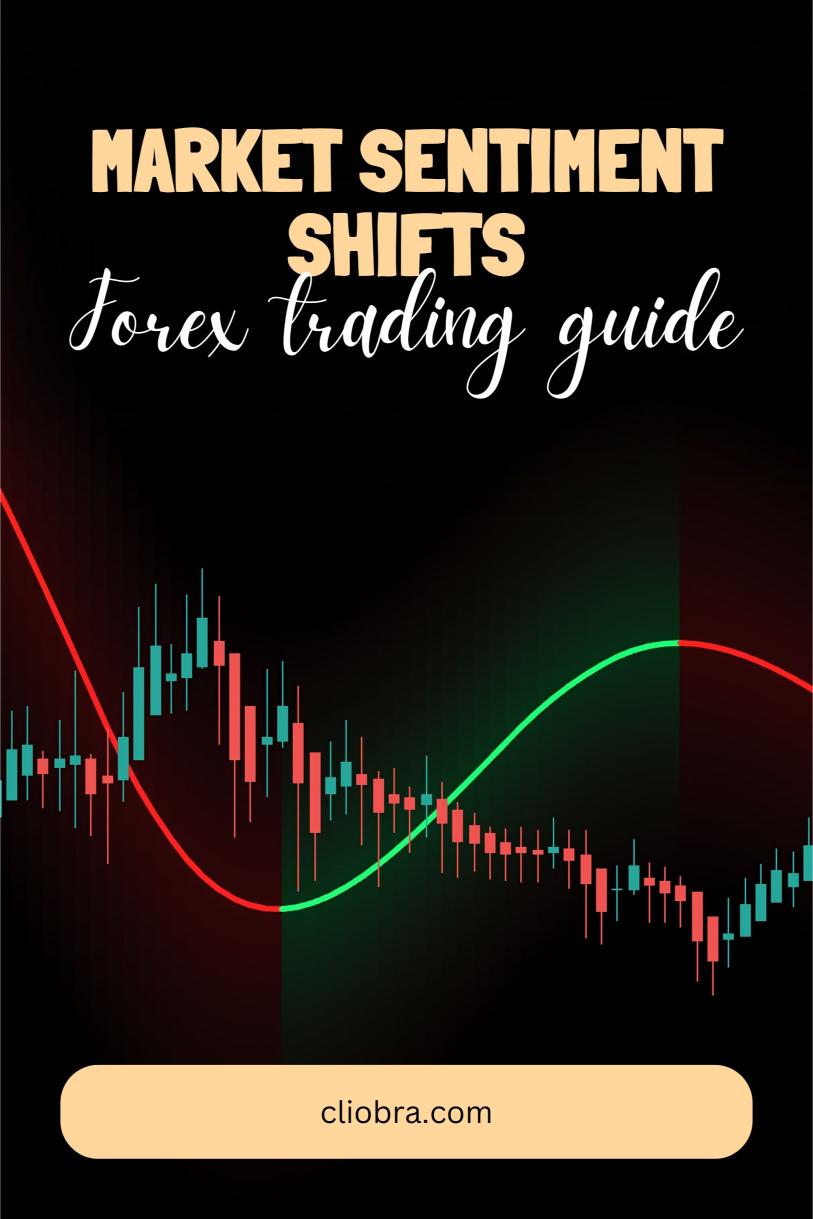Last Updated on February 19, 2025 by Arif Chowdhury
As a seasoned Forex trader since 2015, I’ve learned that market sentiment isn’t just some abstract concept – it’s the heartbeat of currency movements.
According to a recent study by the Bank for International Settlements, daily Forex trading volume reached $7.5 trillion in 2022, making it crucial to understand market psychology.
Understanding Market Sentiment in Forex 🎯
Market sentiment reflects the collective psychology of traders and investors.
Think of it as the market’s mood – sometimes it’s optimistic, sometimes pessimistic, but it’s always changing.
Research shows that 80% of short-term currency movements are driven by sentiment rather than fundamentals.
Why Your Risk Model Needs Regular Updates 🔄
Your risk management strategy shouldn’t be set in stone.
Market conditions evolve, and your approach needs to adapt.
Key Sentiment Indicators to Watch 📈
Economic Calendar Events
- Central bank decisions
- GDP reports
- Employment data
Technical Indicators
- VIX (Volatility Index)
- Currency correlation shifts
- Commitment of Traders (COT) reports
Adapting Your Risk Model to Sentiment Shifts 🛡️
Here’s where automation becomes your best friend.
Speaking of automation, I’ve developed a suite of 16 sophisticated trading bots across EUR/USD, GBP/USD, USD/CHF, and USD/JPY pairs.
These algorithms incorporate sentiment analysis along with multiple other strategies, operating on H4 timeframes for optimal long-term performance.
Check out my battle-tested trading bots portfolio for FREE at Advanced Forex EA Collection.
Risk Adjustment Strategies 📋
During High Sentiment Volatility:
- Reduce position sizes
- Widen stop losses
- Focus on major currency pairs
During Stable Sentiment:
- Gradually increase exposure
- Look for trend-following opportunities
- Consider multi-currency strategies
Position Sizing Based on Sentiment 💹
A fascinating statistic: Traders who adjust their position sizes based on sentiment indicators show 35% better risk-adjusted returns.
Your position size should reflect:
- Current market volatility
- Sentiment strength
- Overall portfolio exposure
The Role of Diversification 🌐
Don’t put all your eggs in one sentiment basket.
My trading approach spans multiple currency pairs and timeframes, creating a robust system that performs well even in harsh market conditions.
Technology and Sentiment Analysis 🤖
Modern trading requires modern solutions.
Automated systems can track and analyze sentiment indicators 24/7, making adjustments in real-time.
Choosing the Right Trading Environment ⚡
Your success in implementing these strategies depends heavily on your trading environment.
Explore my personally tested and recommended Top Forex Brokers for optimal trading conditions.
Final Thoughts 💭
Market sentiment is your compass in the Forex wilderness.
By staying attuned to sentiment shifts and maintaining a flexible risk model, you’re better positioned for long-term success.
Remember, successful trading isn’t about predicting the future – it’s about managing risk effectively in the present.
